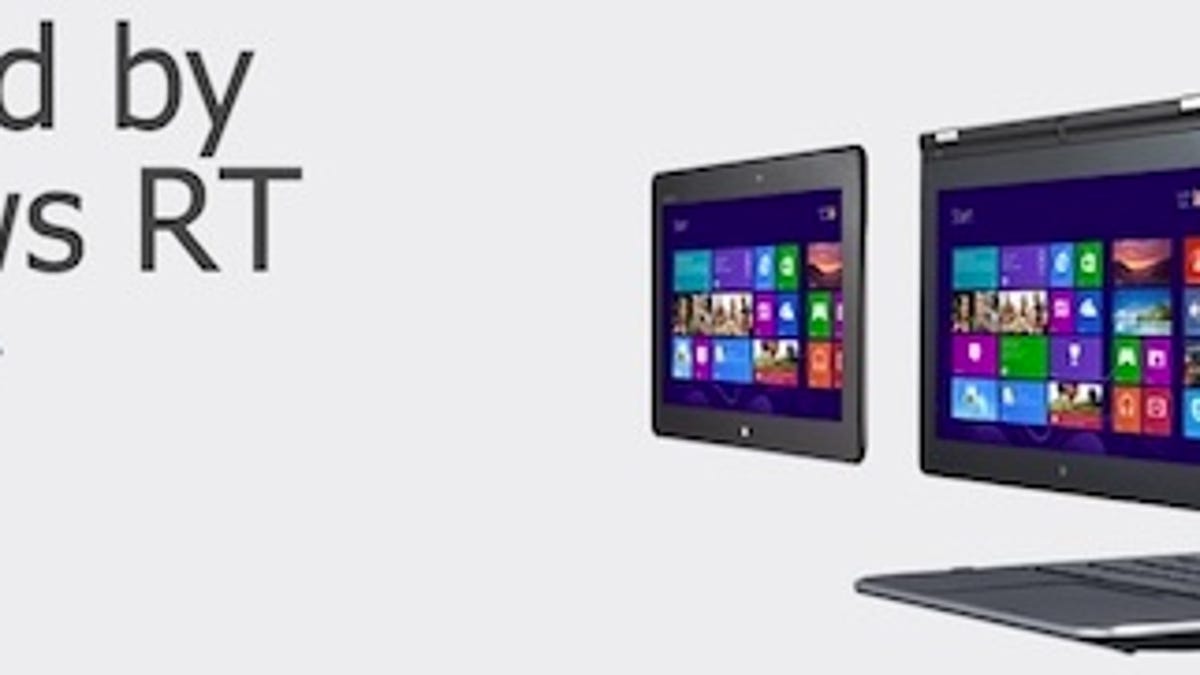Rumor of Microsoft's plans for Windows RT off the mark
Rumor of Redmond's "merge" plans for Windows RT is wrong, according to a source close to the company.

A breathless rumor about Microsoft merging Windows RT with Blue is a misunderstanding of the facts, according to a source familiar with the matter.
The Asia-based rumor last night was that Microsoft would merge Windows RT with its upcoming Windows Blue tech. But technically that's already a given, a source close to Microsoft told CNET.
The codebases are already the same so there's nothing technically to merge, according to the source. There's one Windows Store for both ARM and Intel-based x86 devices, so people don't have to visit a different Store depending on the chip their device is running, for example, the source added.
Moreover, the source reiterated that Microsoft has very specific plans for RT, as Microsoft's corporate vice president, Michael Angiulo, said in his interview with CNET last week.
"It was a ton of work for us, and we didn't do the work and endure the disruption for any reason other than the fact that there's a strategy there that just gets stronger over time," he said last week.
Angiulo made it clear at that time that devices running Windows RT, aka Windows on ARM, will be an important platform for integrated 3G/4G "precisely because ARM PCs have even longer battery life" than Intel PCs when connected to 3G/4G networks, he said.
The report in Digitimes stated that the lack of compatibility with older Windows applications and dearth of apps have "significantly damaged demand" resulting in a lack of enthusiasm from PC makers that would build the devices.
But that's a different kettle of fish. If PC makers decide to stop building devices for RT due to lack of demand that would be a separate problem for Microsoft. And potentially more serious.

